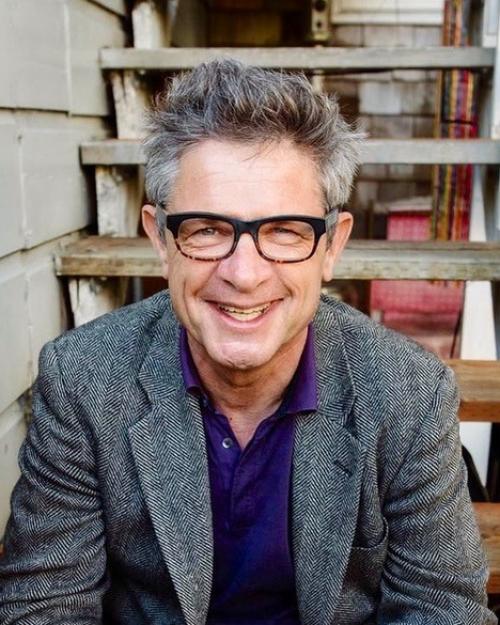Black holes are paradoxically both the simplest and most complex objects in the universe, as shown by the still-mysterious set of laws Stephen Hawking discovered a half century ago. Resolving this paradox is a central goal of modern physics. In the Fall 2021 Hans Bethe Lecture, physicist Andrew Strominger will describe the compelling progress made towards this goal as well as future prospects for our understanding of black holes from string theory and from the recent Event Horizon Telescope image.
The talk, “Probing the Edges of the Universe: Black Holes, Horizons and Strings,” will be on Wed., Oct. 27 at 7:30 pm in the David Call Alumni Auditorium, Kennedy Hall. The talk is only open to the Cornell community; the public is invited to participate via the CornellCast Livestream.
“Black holes are formed when a collapsing star creates a region of spacetime that is so strongly curved, even light cannot escape,“ said Thomas Hartman, faculty organizer and associate professor of physics in the College of Arts and Sciences. “They provide an incredible window into astrophysics and into fundamental properties of the universe. Professor Strominger invented much of the modern theory of black holes, and in this lecture, he will describe some of the excitement surrounding them."
Strominger is the Gwill E. York Professor of Physics at Harvard University and a founding member of the Black Hole Initiative. A renowned theoretical physicist, he has made significant contributions to classical and quantum gravity, quantum field theory and string theory. In his most recent work, Strominger discovered an exact equivalence unifying three disparate phenomena which have been separately studied for the last half-century: quantum field theory soft theorems, asymptotic symmetries and the memory effect. This equivalence has deep implications for infrared phenomena ranging from quantum electrodynamics to the black hole information paradox.
Among his many awards, Strominger has received the 2017 Breakthrough Prize in Fundamental Physics, the 2016 Dannie Heineman Prize from the American Physical Society, the 2014 Oskar Klein Medal from the Swedish Royal Academy, the 2014 Dirac Medal from the Abdus Salam International Centre for Theoretical Physics, the 2014 Physics Frontiers Breakthrough Prize from the Milner Foundation and the 2008 Leonard Eisenbud Prize from the American Mathematical Society. He is a member of the American Academy of Arts and Sciences, The American Physical Society, the National Academy of Science and a Senior Fellow at the Harvard Society of Fellows.
As part of the Hans Bethe Lecture series, Strominger will give a physics colloquium, “Memory, Soft Theorems and the Symmetries of Nature,” Oct. 25 at 4 p.m. in Schwartz Auditorium, and a theory seminar, “The Holographic Principle in Flat Space,” Oct. 26 at 4 p.m., in 401 Physical Sciences Building. These lectures are open only to the Cornell community.
The Hans Bethe Lecture series, established by the Department of Physics and the College of Arts and Sciences, honors Bethe, Cornell professor of physics from 1936 until his death in 2005. Bethe won the 1967 Nobel Prize in physics for his description of the nuclear processes that power the sun.




